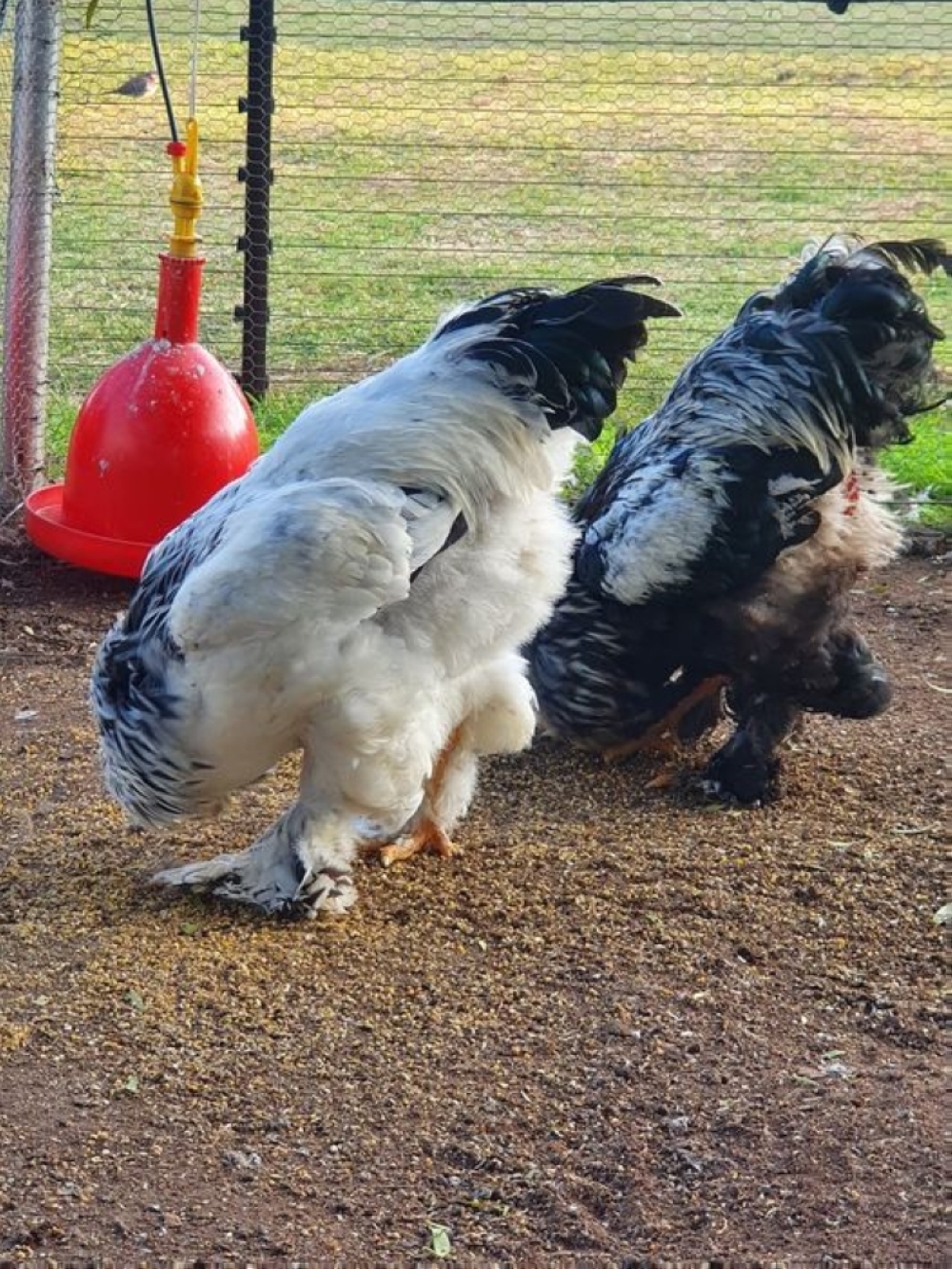Namibia needs anti-dumping body, NAFT says
The Namibia Agricultural Trade Forum (NATF) has encouraged government to establish an anti-dumping regulatory authority to guard against the dumping of cheap products to protect Namibia’s local industries.
This follows dumping incidences between 2017 and 2019 that almost led to the collapse of the poultry industry in the Southern African Customs Union (SACU), of which Namibia is a member.
South African poultry members raised alarm on massive dumping occurring, which threatened the sustainability of not only its markets, but those across the customs union.
The establishment of the trade regulating body would allow Namibia to set up and build capacity in trade remedy matters, which include trade investigations for dumping and countervailing measures, as well as coordinate tariff setting and implementation issues and the determination of rebates with the International Trade Administration Commission, the de facto trade regulator in the SACU, NATF technical advisor Maria Immanuel advised.
Material injury
“Namibia should prioritise institutionalising her own trade regulator body to align implementation of the SACU Agreement and other trade agreements in place and those yet to be gazetted for implementation, such as the African Continental Free Trade Agreement (AfCFTA),” she said.
The dumping of poultry products in South Africa, most notably by Brazil, Denmark, Ireland, Poland and Spain, could cause material injury to the SACU poultry industry, Immanuel explained.
According to her, an exercise undertaken alleged that because of this dumping, the SACU industry experienced material injury in the form of: Price undercutting; price depression during the 2017/18 – 2018/19 period; price suppression; decline in profit; decline in return on investment; decline in capacity and capacity utilisation, and increase in inventory.
The proposed body would also balance private sector support within the customs union to maximise the benefit of the SACU Agreement and other international trade agreements already in place, Immanuel said.
“Namibia’s envisaged ‘Board of Trade’ has taken too long to enact, thereby not only delaying the establishment of the SACU Tariff Board and joint decision-making on SACU tariff matters, but also pushing Namibia further behind with achieving her Vision 2030 industrialisation goals,” she said.
This follows dumping incidences between 2017 and 2019 that almost led to the collapse of the poultry industry in the Southern African Customs Union (SACU), of which Namibia is a member.
South African poultry members raised alarm on massive dumping occurring, which threatened the sustainability of not only its markets, but those across the customs union.
The establishment of the trade regulating body would allow Namibia to set up and build capacity in trade remedy matters, which include trade investigations for dumping and countervailing measures, as well as coordinate tariff setting and implementation issues and the determination of rebates with the International Trade Administration Commission, the de facto trade regulator in the SACU, NATF technical advisor Maria Immanuel advised.
Material injury
“Namibia should prioritise institutionalising her own trade regulator body to align implementation of the SACU Agreement and other trade agreements in place and those yet to be gazetted for implementation, such as the African Continental Free Trade Agreement (AfCFTA),” she said.
The dumping of poultry products in South Africa, most notably by Brazil, Denmark, Ireland, Poland and Spain, could cause material injury to the SACU poultry industry, Immanuel explained.
According to her, an exercise undertaken alleged that because of this dumping, the SACU industry experienced material injury in the form of: Price undercutting; price depression during the 2017/18 – 2018/19 period; price suppression; decline in profit; decline in return on investment; decline in capacity and capacity utilisation, and increase in inventory.
The proposed body would also balance private sector support within the customs union to maximise the benefit of the SACU Agreement and other international trade agreements already in place, Immanuel said.
“Namibia’s envisaged ‘Board of Trade’ has taken too long to enact, thereby not only delaying the establishment of the SACU Tariff Board and joint decision-making on SACU tariff matters, but also pushing Namibia further behind with achieving her Vision 2030 industrialisation goals,” she said.




Comments
Namibian Sun
No comments have been left on this article